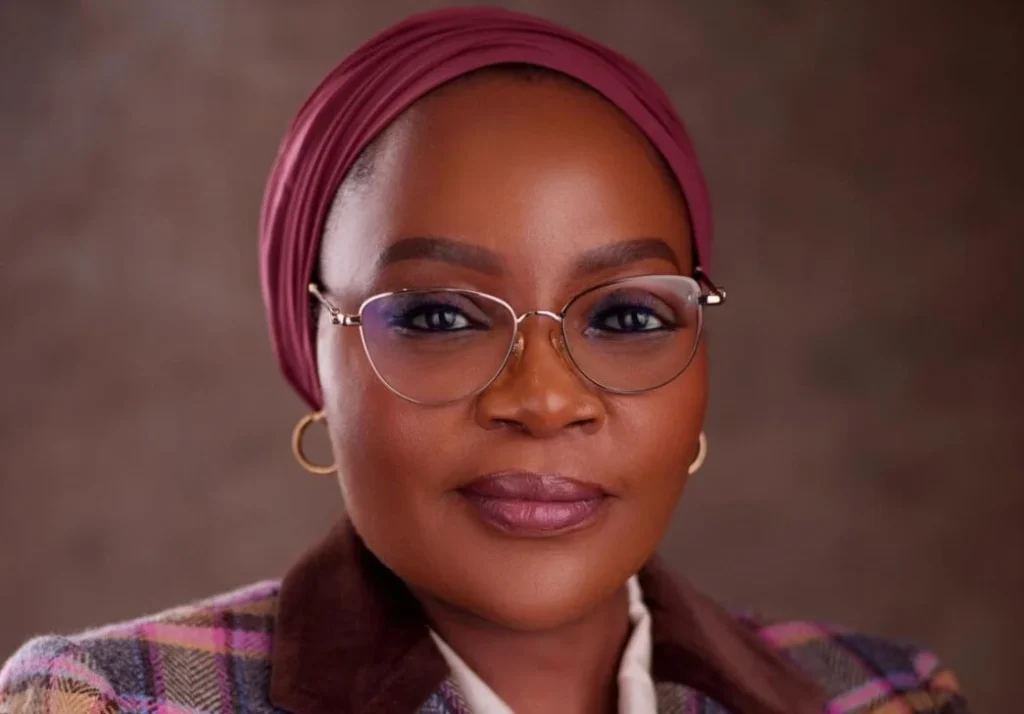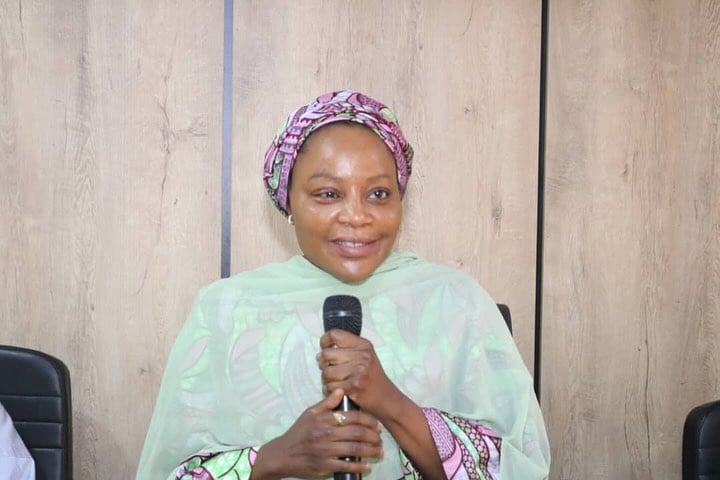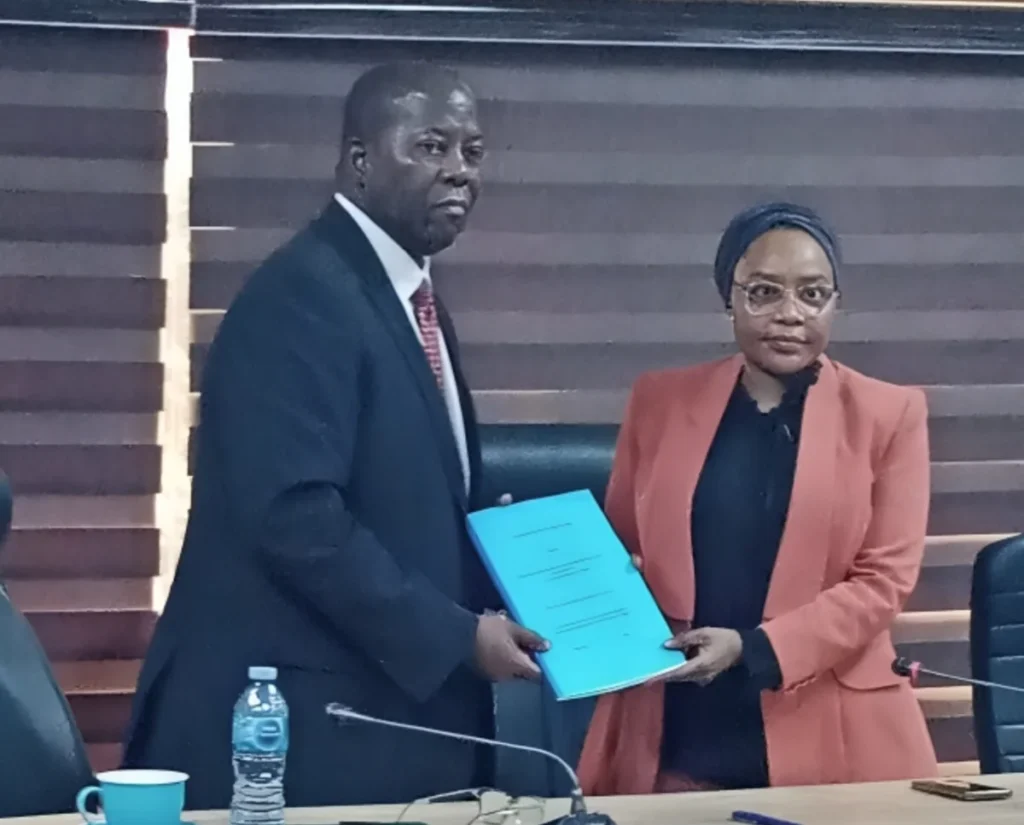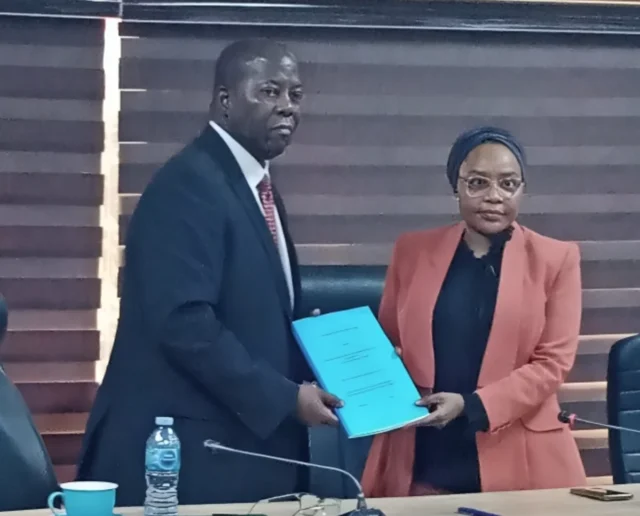In a courageous stride toward closing the digital divide, the Universal Basic Education Commission (UBEC) has entered into a landmark partnership to distribute 47 million laptops and tablets to students, teachers, and education staff in pre-primary, primary, and junior secondary schools across Nigeria. The Memorandum of Understanding (MoU), inked at UBEC’s headquarters in Abuja, promises to reshape the educational terrain—especially in underserved and remote communities—through a comprehensive National Digital Education Transformation initiative.
This forward-thinking move brings much more than hardware. It’s about embedding world-class digital learning tools, high-speed connectivity, and robust teacher training into Nigeria’s basic education system. Duly financed by a private-sector consortium, this programme launches at zero cost to federal or state governments—a strategic advantage in today’s tight fiscal environment.

Table of Contents
A Partnership Tailored for Transformation
UBEC’s latest MoU with the U.S.-based Digital Learning Network (DLN) is not just a device distribution programme—it’s a collaborative effort with heavyweight financial stakeholders like Deloitte Financial Advisory, UBA Plc., Zenith Bank Plc., and the National Credit Guarantee Company. These partners funnel private-sector investments into the project via development finance institutions and global tech allies, ensuring robust funding without fiscal strain on government budgets.
DLN President and CEO, Thomas Larmena, emphasised the initiative’s uniqueness in Africa: a fully funded digital transformation effort, ready for roll-out nationwide. He revealed that the pilot has already commenced in Akwa Ibom State, with more states poised to come onboard through commitments made by the Nigerian Governors’ Forum. State-of-the-art regional assembly hubs will also spring up within special economic zones, initially producing one million devices per year—scalable to two million as needs grow.

Equipment, Connectivity & Training: A Triple-Threat Plan
Devices Pre-Loaded for Learning
At the heart of the initiative is the delivery of 47 million DLN-branded laptops and tablets. Each device comes pre-loaded with interactive learning materials and digital textbooks aligned with the national curriculum from the Nigerian Educational Research and Development Council (NERDC), ensuring that students across the nation get consistent, quality content.
Cutting-Edge Connectivity
Access to these devices is only effective if the internet can support it. To that end, the plan incorporates hybrid broadband infrastructure—combining 5G, strategic partnerships with local telecom companies, and even SpaceX’s Starlink satellite technology. This ensures minimum broadband speeds of 50 Mbps across all partner schools, including those deep in rural or remote areas.
Teacher Training and Digital Pedagogy
Devices and connectivity alone will not change classroom outcomes unless educators are equipped to use them effectively. UBEC is collaborating with the National Teachers’ Institute (NTI) to roll out an extensive digital pedagogy programme for teachers, administrators, and support staff—aligning everyone with national standards and ensuring that technology translates into improved learning.
Additionally, the programme introduces an AI-powered Advanced Learning Platform featuring real-time student tracking, automated grading, and improved parent-teacher communication—bringing modern management tools into the education sector.
Transformative Impact: From Classrooms to Communities
This unprecedented initiative targets a profound and wide-reaching impact:
- Closing the digital gap: By equipping students and teachers with the tools and access they need, the project confronts educational inequality head-on.
- Stimulating the economy: The regional assembly hubs will produce millions of devices locally, creating jobs, fostering technical skills, and driving economic activity within the special economic zones.
- Aligning with national agendas: The project supports key ambitions like the Renewed Hope Agenda, the National Policy on Education, and Sustainable Development Goal 4, while reinforcing UBEC’s mandate under the UBEC Act.
- Protecting government budgets: With full private funding, the initiative avoids burdening already stretched state and federal budgets—ensuring that the public gets maximum benefit with minimal cost.
UBEC Executive Secretary Aisha Garba hailed the initiative as one of the most transformative edtech efforts globally—especially for its role in remote and underserved schools.

What Lies Ahead for Nigeria’s Digital Learning Landscape
UBEC’s collaboration with DLN marks a pivotal moment in Nigeria’s educational evolution. With 47 million pre-loaded devices, ultra-fast connectivity, digital pedagogy training, and advanced monitoring systems, the initiative paves a modern path for basic education in Nigeria. It not only enhances learning quality but also contributes meaningfully to local economies, governance goals, and long-term national development agendas.
As the rollout accelerates, states like Akwa Ibom serve as prototypes, with other states expected to sign on shortly. The blend of innovation and inclusivity at the program’s core ensures it can touch every rural and urban classroom across the country.
UBEC’s vision, fuelled by DLN and its financing partners, creates a rare convergence of education, technology, and social equity. If implemented with commitment, transparency, and continued collaboration, Nigeria could well be on the brink of one of the most significant educational reforms in recent memory.
Join Our Social Media Channels:
WhatsApp: NaijaEyes
Facebook: NaijaEyes
Twitter: NaijaEyes
Instagram: NaijaEyes
TikTok: NaijaEyes
READ THE LATEST EDUCATION NEWS















![Trailblazing Chef Hilda Baci Set to Cook 250 Bags of Rice in Daring Attempt to Break Record for World’s Biggest Jollof Pot [VIDEO] Hilda Baci](https://naijaeyesblog.com/wp-content/uploads/2025/09/hilda-1-180x135.avif)
























